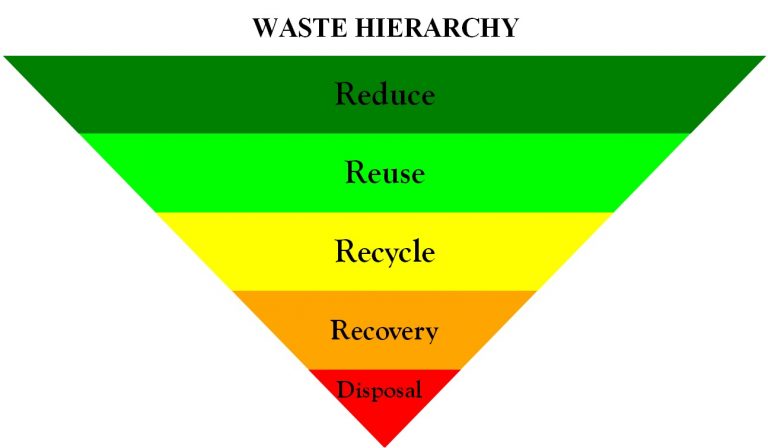
Image Credit: Pixabay
The unfortunate truth is that our Earth is slowly getting warmer, and that can be a major problem for the environment. Rising temperatures bring about a slew of problems for humans and the wildlife that they depend on to survive. Due to this, it is no surprise that climate change has become a hot topic when it comes to public policy. Thankfully, the younger generations seem to have taken up the mantle of combating climate change and have begun enacting preemptive methods to stop it. Major cities are one of the forerunners in the fight against climate change as some of them have begun adopting city-wide policies that attempt to limit their carbon footprint. These cities are setting a great example, and offer hope that someday we will actually be able to combat climate change and its effects. However what exactly are these cities doing to fight against climate change, and just how effective is it?
Policies
One of the biggest ways that cities are helping in the fight against climate change is the policies that they are introducing. Some cities have become famous for their efforts in the fight against climate change. Cities like Seattle and Portland have integrated environmentally conscience behavior into their local culture. These cities have taken steps to reduce their carbon footprint by modifying their residential and transportation policies. In addition, these cities have taken steps to clean their cities up such as implementing things like hi vac services If every city took steps like this to reduce the pollutants their city produced, then perhaps we can halt or even reverse climate change. Although not a city, the state of California has recently passed a plastic straw ban in an attempt to reduce the pollutants that are released in the production of plastic and to reduce the harmful effects of improperly disposed plastic. With more policies like this the idea of a world free of climate change doesn’t seem that far off.
Funding
Despite the great benefits of being sustainable, they do not come without a cost. Implementing sustainable practices and policies can be a great disturbance in the economy and can cost a lot of people lots of money. Thankfully this is where cities can step in and provide funding. Funding is extremely important, because without it we would be unable to implement expensive policies or conduct research. If we’re going to actually fight back against climate change then we will need funding, and cities will need to be the ones that spearhead it.
Publicity
Half the battle with climate change is exposing the issues that arise from it. There are still those out there that deny climate change’s existence, making the issue even more dangerous. Thankfully, cities are adequately equipped with the necessary resources to raise awareness from this issue. The more that cities can get information about climate change circulating the better. By holding public events and instituting public policies cities shine a spotlight on an issue that a lot of people want to avoid or deny. Unfortunately we can’t just ignore this issue and pretend like it doesn’t exist. Action must be taken in order to combat it, and cities are taking a step in the right direction by bringing climate change to the forefront of the discussion.





Leave a Comment